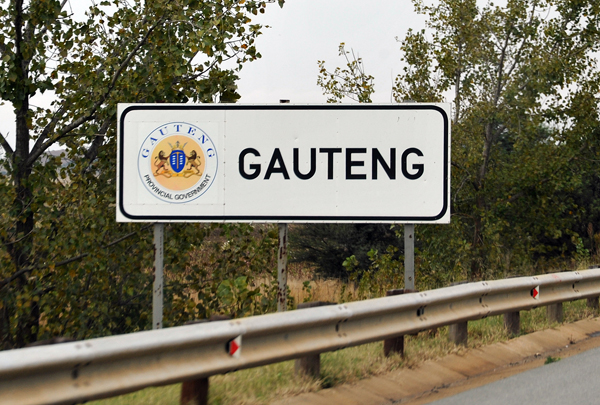
A national diaspora policy has been a discussion ongoing for several years now. Even former Reserve Bank of Zimbabwe (RBZ) Governor Gideon Gono once had a visit to the UK back in 2006 reportedly to scout for foreign currency from Zimbabweans in the diaspora.((The Independent – RBZ scouts for forex)) These initiatives failed. The reasons they failed still remain unaddressed.
It was in 2014 during Minister Patrick Chinamasa’s 2015 National Budget statement that an official government position on a formal relationship with Zimbabwe’s diaspora was announced.((The Herald – National Diaspora on the cards))
A year later in December 2015 it was reported that Cabinet was getting ready to adopt the policy.((The Herald – Cabinet to adopt Diaspora policy)) Towards the end of 2015 a draft policy was unveiled,((The Herald – Diaspora policy draft unveiled)) followed by reported approval of the policy by Cabinet in late June 2016.((The Herald – Diaspora policy draft unveiled))
This persistence and focus by government concerning the policy undoubtedly indicates the continued economic value of the diaspora to the present government. This in itself is part of the problem because the diaspora feels the government is after its economic resources and careless about its voice in national discourse.
Since day one, government has been unambiguous concerning its focused economic interest in the diaspora. Back in 2014 the State run newspaper The Herald reported that
The policy seeks to facilitate the issuance of Diaspora Bonds and other financial instruments to enable Zimbabweans living abroad to participate in the country’s economic revival
The National Diaspora Policy itself has roots in ZimAsset and is therefore socio-economic transformation bound. This makes the policy oblivious to the critical political question that is pivotal to its success.
At least what we know and has been said in public about the proposed National Diaspora Policy is indeed silent about one of the fundamental questions that has been raised by those in the diaspora.
These questions revolve around a demand for better governance standards including the right to vote and general involvement of the diaspora in national dialogue.
A flawed policy
I think the policy in its current form is totally flawed. I did be totally taken aback if it enjoys any meaningful mainstream traction. What the government intends to do with the policy has been informed by remittance patterns in the last 15 years. There has been an assumption that those remittances can be harnessed for something bigger at a national level.
They hope to interest the diaspora in real investment opportunities in the form of tangible national projects back home. There are other ways to do this apart from the stated “issuance of Diaspora Bonds and other financial instruments” .
This could also be possibly done through a pooled fund run by the government or a private entity which then invests locally on diaspora’s behalf.
Whatever form it will finally take, the principle that guides what the government intends to do is equivalent to treating diaspora funds as FDI. This is totally different from charity-like remittances that are currently sent directly to families by those abroad.
Unlike remittances, FDI is sensitive to policy and governance issues. This means the diaspora will place similar demands on the government just like any other investor contemplating parting with money.
The current welfare-like remittances are going to specific households and family members whom a significant section of the diaspora believes is in a predicament due to failed policies of the government of the day.
This is why am surprised by all the exclusively economics talk by government without any reference to known diaspora grievances.
I don’t suppose the government is ignorant of the diaspora governance related demands.
The issue is that in many examples were citizens were cast into the diaspora by political conditions at home, invariably a huge section of that diaspora can be expected to vote for the opposition. This is the case with the Mexican diaspora, it is also the case with the Zimbabwean diaspora.
In fact, the Zanu PF government in previous elections rejected diaspora voting rights on the basis of what they viewed as diaspora bias towards the opposition. This explains government’s strictly business talk when it comes to the Diaspora Policy.
Zimbabwe’s diaspora is significantly different from Indian, Chinese and South African diaspora which are examples sometimes imprecisely cited to inspire Zimbabwe’s own policy.
If the Zanu PF government is to entertain the political angle to this story then it will be its own undoing. This explains why it is not being entertained.
Unfortunately, the success of the envisaged National Diaspora Policy is intricately linked to this bugging political question. Avoiding it is equivalent to sabotaging the policy itself. As it stands, the policy is already sabotaged.
There are just too many things that are wrong in our current context to expect a successful diaspora policy that matches what has happened with other countries around the world.
Gauteng sign post image credit: Pbase.com